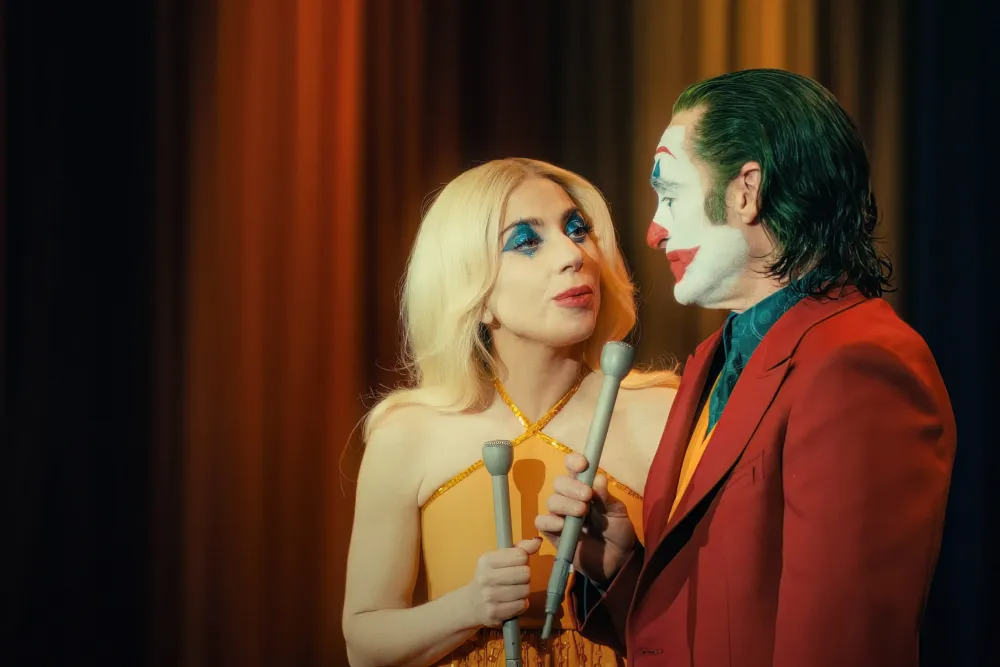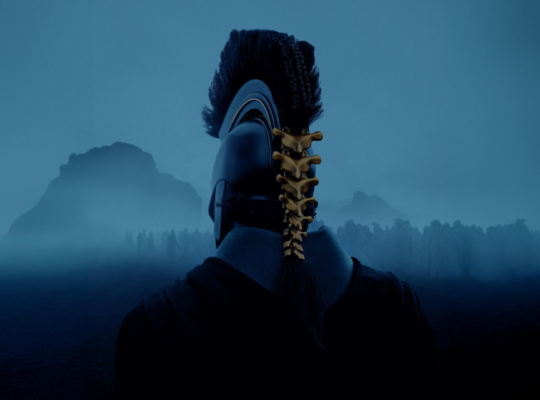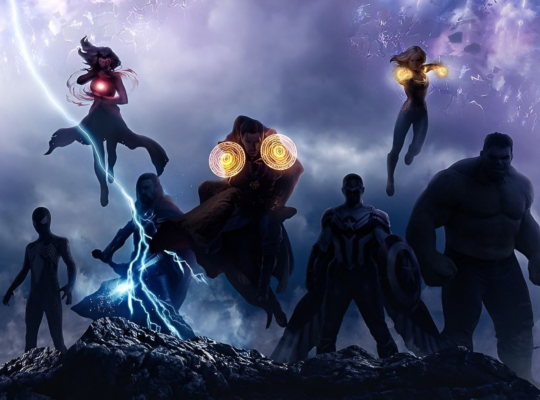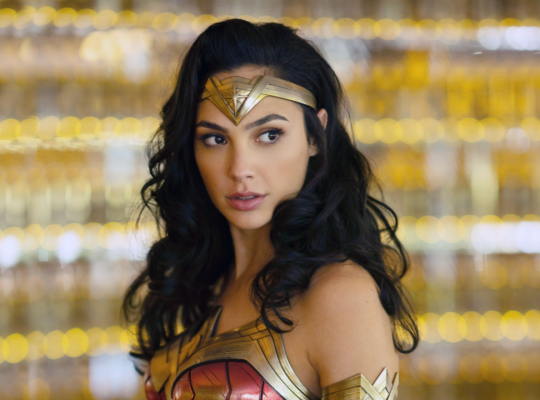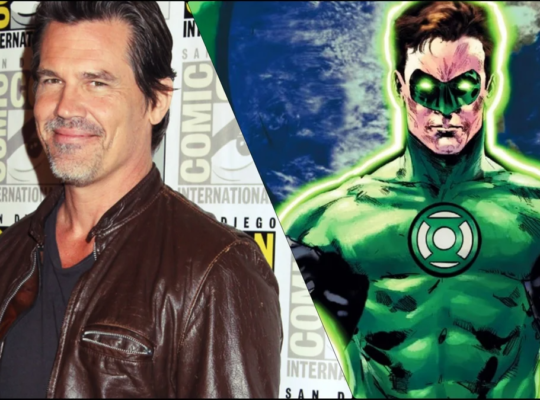Welcome back to Talking in Teacups, where serious topics meet a not-so-serious vibe. Today, we dive into the controversial world of film sequels, specifically focusing on Joker 2: Fully A Deuce. This sequel has sparked a debate among fans and critics alike, and it seems the film’s director, Todd Phillips, and lead actor, Joaquin Phoenix, have taken a fair share of heat for the end result.
From Dream to Screen
The genesis of Joker 2 is as intriguing as it is troubling. Phoenix claims the idea came to him in a dream, leading him to initially consider turning it into a Broadway show before settling on a sequel. This whimsical origin story raises eyebrows, especially given the dissonance between the first Joker film’s gritty narrative and the new film’s musical elements. It appears the creative process may have veered off course, leading to what many perceive as a muddled artistic vision.
The film had a hefty budget of $200 million, with significant salaries for both Phoenix and Lady Gaga. However, it seems this financial backing was not matched by adequate oversight from Warner Bros. Phillips opted out of test screenings, a traditional safety net in filmmaking, leaving many to wonder if he knew the film wouldn’t resonate with audiences. Without this feedback loop, could he have been gambling with both the studio’s money and his reputation?
The Musical Misfire
Marketing for Joker 2 downplayed its musical aspects, misleading audiences who were led to believe they were in for another intense character study rather than a Broadway-style extravaganza. Critics have noted that the musical elements felt forced, which may have contributed to the film’s current score of just 30% on Rotten Tomatoes.
Phoenix’s portrayal of Arthur Fleck was celebrated for its depth and nuance in the first film. However, in the sequel, the narrative feels scattered, particularly during scenes set in Arkham Asylum. While the film touches on interesting themes—like the critique of the societal idolization of the Joker—it ultimately struggles to find a cohesive storyline that engages viewers.
The Fallout
The film’s disappointing performance has broader implications for Warner Bros., which is reportedly facing over $40 billion in debt. With Joker 2 needing to make a staggering $450 million to break even, many are speculating about the future of the franchise. Is this merely a blip on the radar, or a sign of deeper issues within the studio?
The narrative that Phillips and Phoenix deliberately aimed to alienate fans, especially after the first film garnered a following among incels, raises ethical questions about artistic intent versus commercial viability. Should filmmakers prioritize their personal visions, or cater to audience expectations?
The Bigger Picture
Beyond the Joker saga, this discussion reflects broader trends in the film industry. As studios grapple with mounting debts and the pressure to deliver hits, the balance between creativity and commerce becomes ever more precarious. Phillips’ decision to eschew test screenings may ultimately serve as a cautionary tale for future filmmakers about the importance of audience feedback in shaping a successful film.
As we reflect on this cinematic journey, it’s clear that the film industry is in a state of flux. What will the future hold for sequels like Joker 2? Only time will tell, but one thing is certain: the debate over artistic integrity versus audience appeal is far from over.
Join us next time on Talking in Teacups as we explore more topics that challenge our understanding of art, media, and everything in between! Don’t forget to follow us on social media at @CyphersPitGaming for updates and more engaging discussions.
